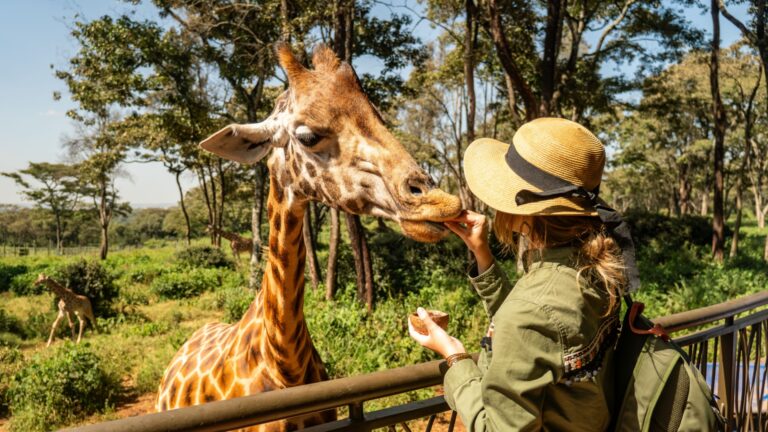10 Fascinating Facts About Elephants That Show They’re Not Meant For Zoos
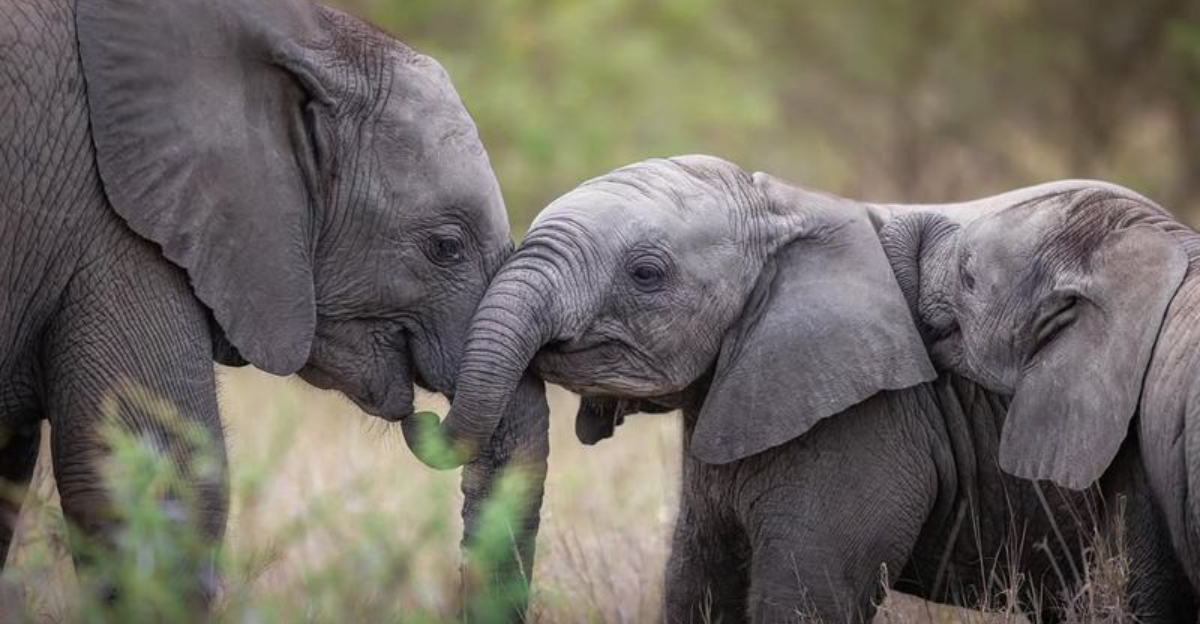
Elephants, majestic giants of the animal kingdom, are awe-inspiring creatures that have long fascinated humans. Their complex social structures, impressive intelligence, and vast roaming needs highlight why they truly belong in the wild rather than in confined spaces like zoos.
This article delves into compelling reasons elephants should not be kept in captivity, offering insights into their natural behaviors and needs that are impossible to replicate in zoos.
1. Elephant Social Structure
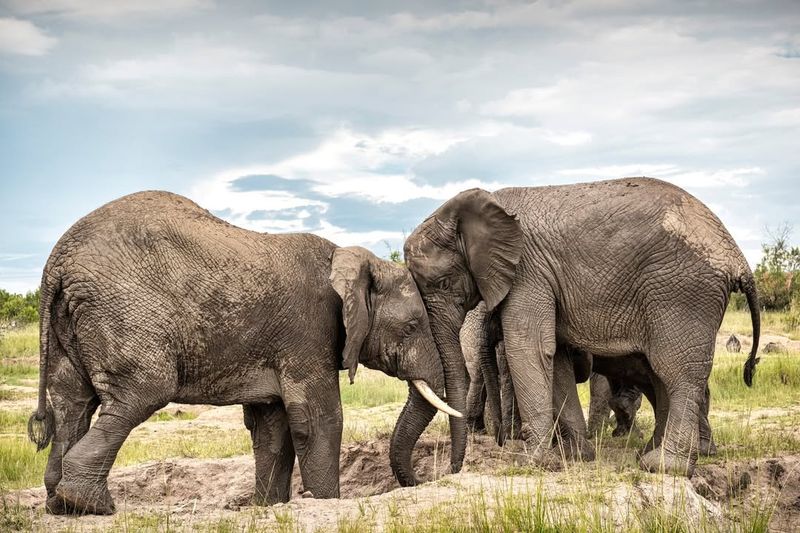
Elephants are incredibly social animals that thrive in complex family groups. These groups are matriarchal, led by the oldest and often wisest female.
Within these herds, elephants form deep bonds, communicate through touch, and show remarkable empathy. Young elephants rely on their mothers and other females for nurturing and education.
In zoos, these intricate social dynamics are disrupted. Elephants are often isolated or placed with non-family members, leading to stress and behavioral issues. Captivity cannot mimic the rich social environment they need for emotional well-being.
2. Natural Habitat Needs
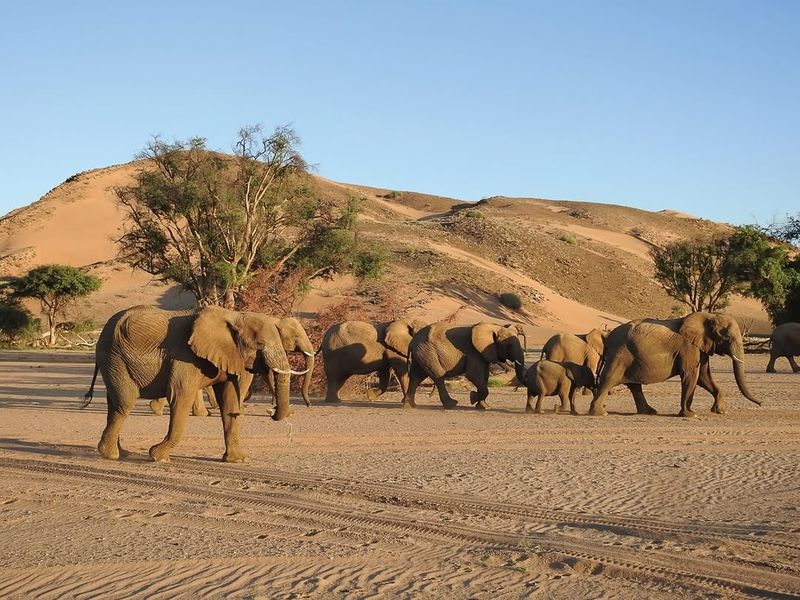
Elephants are adapted to thrive in vast natural habitats, ranging from savannahs to dense forests. They spend up to 18 hours a day foraging, walking up to 50 miles in search of food and water.
This constant movement is essential for their physical health and psychological balance. Zoos cannot provide the expansive space elephants require.
Confined environments lead to physical health problems like arthritis and foot diseases. The lack of space also deprives them of natural foraging behaviors, impacting their overall quality of life.
3. Cognitive Abilities
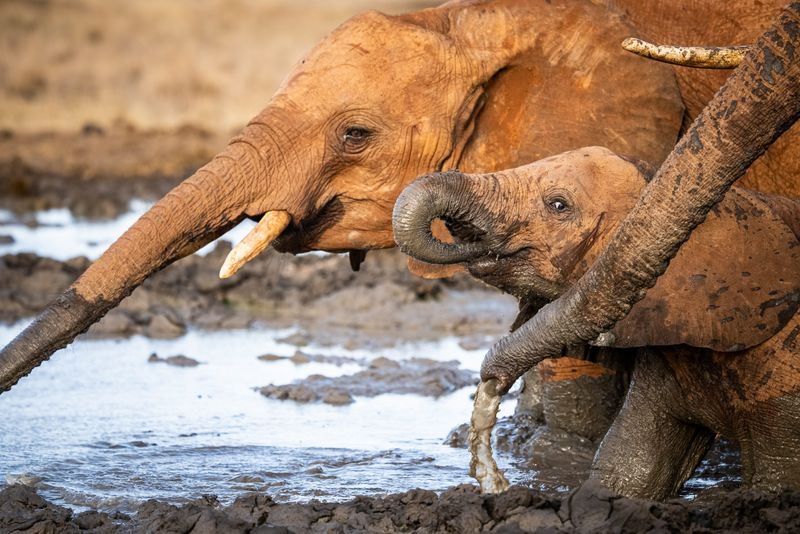
Elephants possess remarkable cognitive abilities, rivaling those of primates and cetaceans. They demonstrate problem-solving skills, use tools, and have an impressive memory.
In the wild, elephants engage in complex mental tasks, which are vital for their mental stimulation. When confined in zoos, the lack of intellectual challenges can lead to boredom and stress.
The limited environment fails to engage their intelligence, resulting in abnormal behaviors. Providing suitable mental enrichment in captivity is an ongoing challenge, seldom fully met.
4. Emotional Complexity
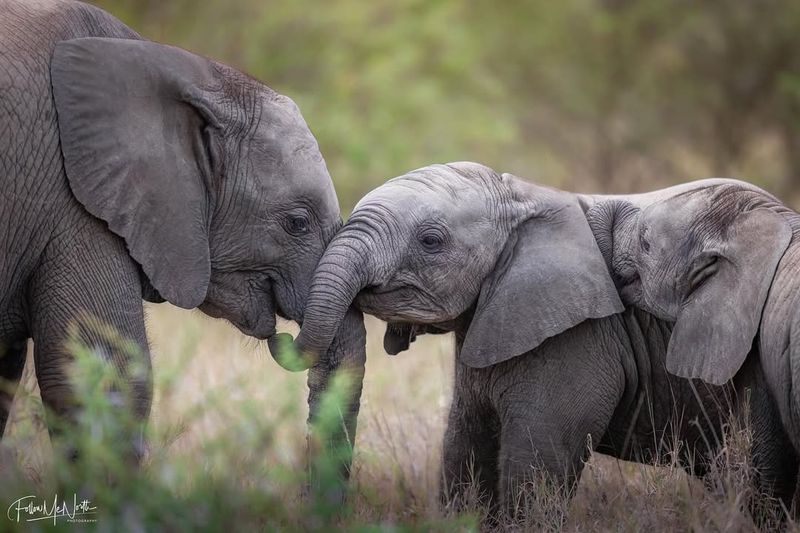
Elephants are emotionally complex beings, exhibiting a wide range of emotions similar to humans. They express joy, playfulness, grief, and even mourn their dead.
These emotional responses require a supportive social structure and environment to be properly expressed. In captivity, elephants often face emotional distress due to isolation or unnatural groupings.
The inability to engage in natural emotional expressions can lead to severe psychological issues. Zoos simply can’t replicate the emotional environment elephants require for a healthy life.
5. Communication Methods
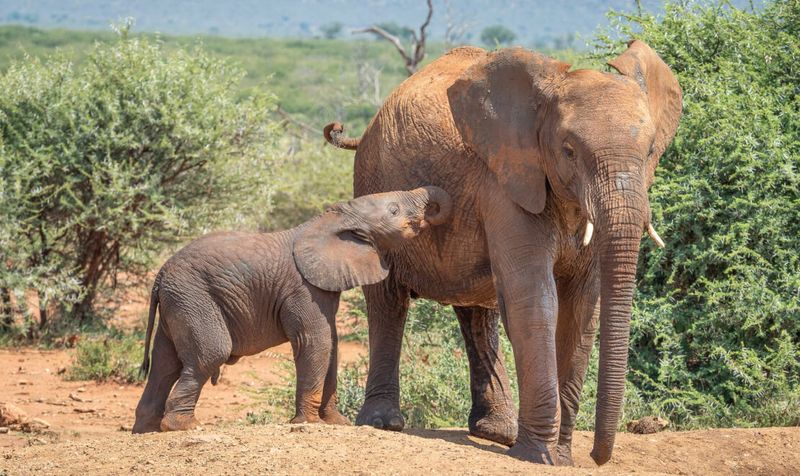
Elephants have sophisticated communication methods, including vocalizations, body language, and infrasonic sounds. These low-frequency sounds can travel long distances, allowing herd members to stay connected over miles.
This communication is crucial for coordinating movements and maintaining social bonds. In the confined spaces of zoos, these communication methods are severely restricted.
The inability to send and receive signals over long distances disrupts social cohesion and natural behaviors. Captivity limits the full expression of their communication abilities, affecting their social interactions.
6. Lifespan Discrepancies
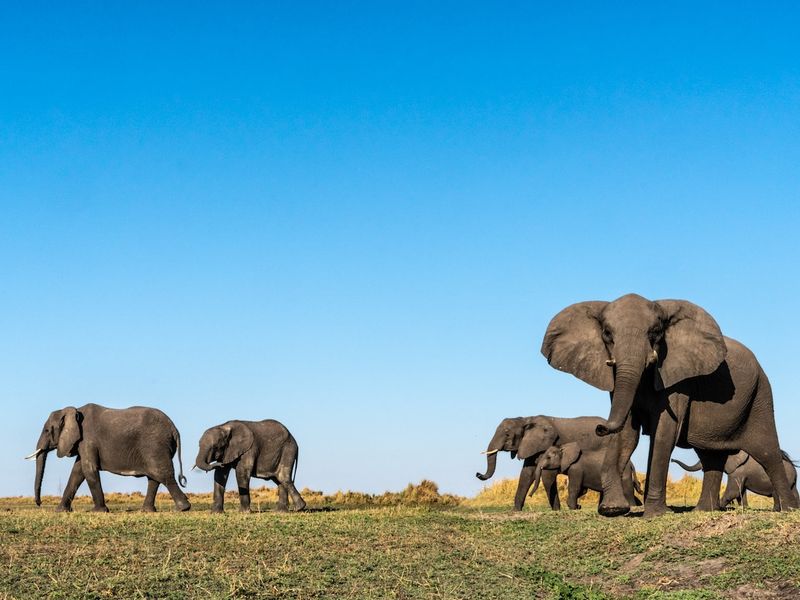
In the wild, elephants can live up to 70 years, benefiting from natural diets and social structures. However, in captivity, their lifespan is often significantly reduced.
Factors such as stress, inadequate space, and lack of social interactions contribute to early mortality. Studies show that elephants in zoos suffer from health issues uncommon in the wild, like obesity and reproductive disorders.
The disparity in lifespan is a telling indicator of the inadequacy of captive environments to meet their needs. Long-term well-being is compromised in zoos.
7. Natural Foraging Behavior
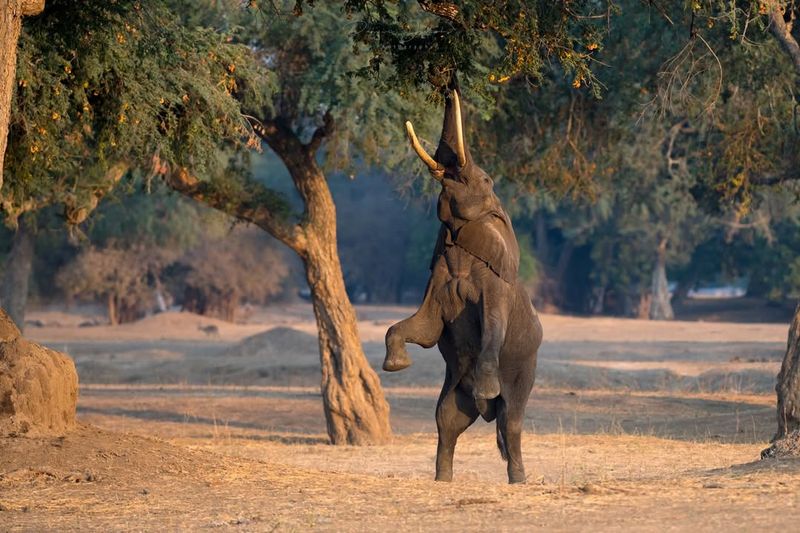
Foraging is a central part of an elephant’s life, consuming a varied diet from a vast area. They spend most of their day searching for grass, leaves, fruits, and bark.
This activity is essential not only for their diet but also for mental stimulation and physical exercise. Zoos typically provide a limited diet in confined spaces, failing to replicate the natural foraging experience.
This impacts their digestive health and mental satisfaction. Without the need to search for food, elephants in captivity miss crucial aspects of their natural behavior.
8. Impact On Young Elephants
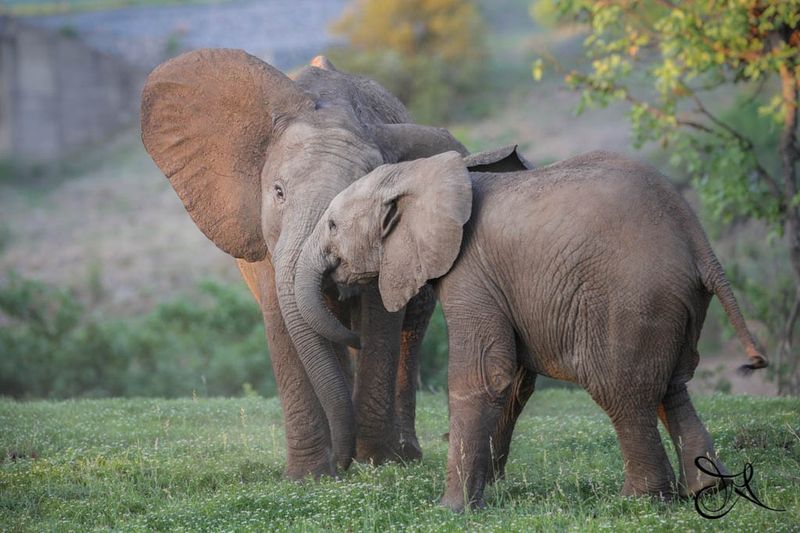
Young elephants learn vital skills by observing and mimicking older herd members. These skills include foraging, social interactions, and survival tactics.
Growing up in a natural herd environment is crucial for their development into healthy adults. Zoos cannot offer the same learning opportunities.
Young elephants miss out on observing the full range of natural behaviors, impacting their social skills and maturity. Isolation or lack of adequate role models in captivity can lead to developmental issues, affecting their future well-being.
9. Exercise And Physical Health
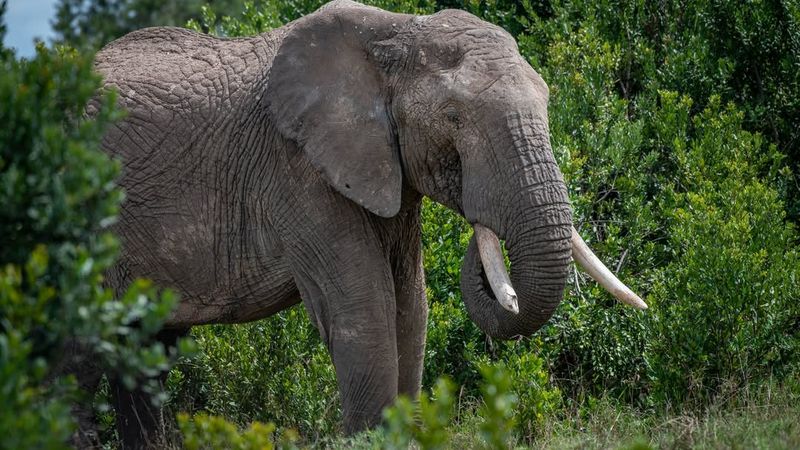
Elephants require vast spaces for physical exercise, essential for maintaining their health. In the wild, they walk long distances daily, which helps keep their bodies fit and agile.
Physical activity is also crucial for their mental well-being. In captivity, space limitations prevent such natural exercise, leading to obesity and related health concerns.
The inability to roam freely impacts their muscle tone and joint health. Zoos struggle to provide sufficient opportunities for exercise, which is vital for an elephant’s longevity and happiness.
10. Ethical Concerns
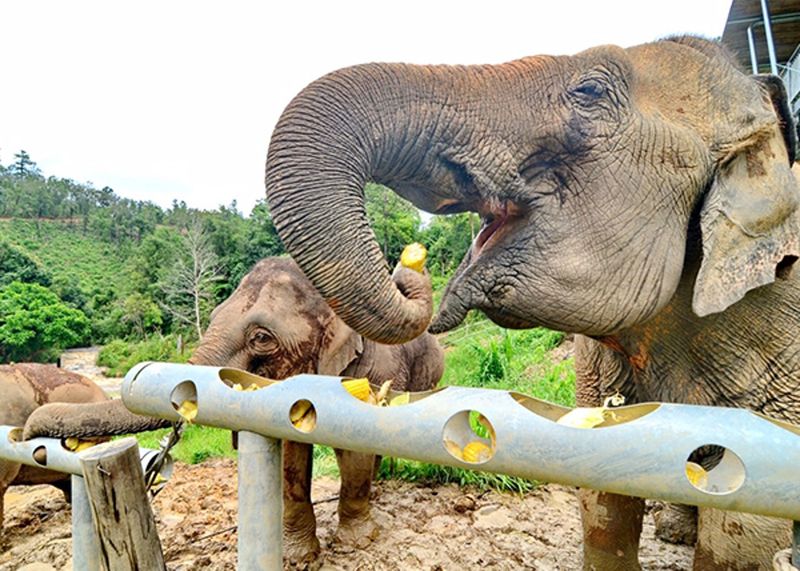
The ethics of keeping elephants in captivity revolve around their well-being and the ability to express natural behaviors. Zoos often prioritize human entertainment over animal welfare, leading to ethical dilemmas.
Confining such intelligent and socially complex creatures raises questions about their quality of life. Public awareness is growing about the ethical implications and the importance of preserving elephants in their natural habitats.
Advocating for sanctuaries and conservation efforts offers more humane alternatives. Elephants deserve an environment that respects their natural instincts and needs.





